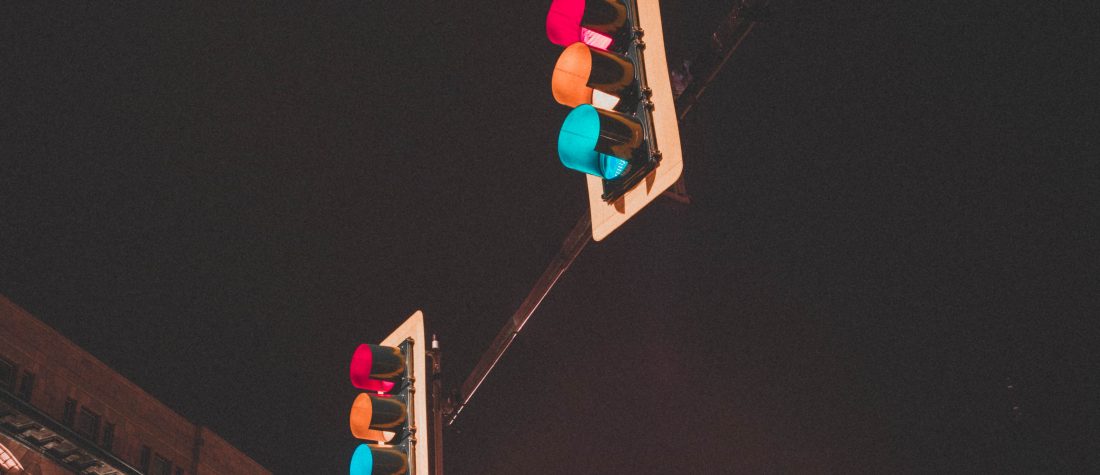Europeans have been trying to work out what the election of Olaf Scholz as German chancellor, heading up a “traffic light” coalition of Social Democrats, Greens and Liberals means. Of course, Germans have been puzzling over how the new government will square the circle of finding a balanced budget by 2023, while offering “unprecented” (as the coalition agreement puts it) investment in carbon reduction, recovering from Covid, and keeping pension entitlements as they currently are. The EU ponders how Scholz will fill the void left by Merkel, whether hawkish Finance Minister Christian Lindner will be tamed by the his EU peers, and whether Green ambitions for a common European foreign policy will come to anything (spoiler alert: they won’t).
But two rather fascinating areas concern Europe beyond the EU’s borders, and which way Germany will jump. It’s early days, but there are good reasons to think that Boris Johnson and the UK will be treated more harshly following Angela Merkel’s departure, whereas Vladimir Putin can expect continuity. The reasons for this lie in the balance of power within Germany’s new coalition government.
Firstly, on the German poise towards Russia: Germany’s political establishment has a long-standing commitment to keeping dialogue going, almost no matter what the provocation. There is good reason for this: legacies of the Second World War, and the experience both with Willy Brandt’s Ostpolitik (rapprochement with East Germany) and then engagement with Mikhail Gorbachev, which led to substantive improvements in the citizens’ lives in both halves of Germany, and ultimately to the country’s reunification. But now there is serious reason to doubt whether a soft stance really benefits Germany and other nations committed to a rules-based international system, or whether it just encourages ever more outrageous acts by Putin’s Russia. On this, Germany’s new coalition is divided: the Greens (and to some degree the Liberals) have a sharper focus on human rights and favour a tougher stance, while the Scholz’s SPD urges restraint. The coalition treaty suggests, to me at least, the latter has the upper hand: we learn that Germany wants “substantial and stable” relations with Russia, it is prepared for “constructive dialogue”, that it seeks closer co-operation with Russia on “issues of the future” and tackling global challenges, and will support more visas for young Russians seeking to visit Germany. Nordstream II doesn’t get a mention. Scholz has wasted no time, too, in reminding the incoming Green foreign minister Annalena Baerbock that in practice, the Chancellery determines the parameters of foreign policy. Former chancellor Gerhard Schröder famously saw the chancellor as cook in this relationship, the foreign affairs minister as mere waiter – that still holds today.
By contrast, on the issue of how to handle the United Kingdom, the two partners are far better aligned. Scholz reminded the world the day after the election how he had tried to dissuade the UK from leaving the EU, hinting that the UK’s shortage of lorry drivers was a direct consequence of Brexit and something Britons would have to work out. This is not the first time Scholz has intimated a frustration at the UK’s recent course, and a lack of sympathy with its problems. At the very least, there is little sympathy for London’s demands to renegotiate elements of the Northern Ireland Protocol. The Greens’ position is even firmer – many felt that the Protocol offered the UK too many concessions and undermined the EU’s single market. The FDP has a more pragmatic stance, but its ministries have less say on the the UK’s relations with the EU. This tough approach is reflected in the coalition agreement. Diplomatic niceties are respected (“The UK is one of Germany’s closest partners outside the EU”), but then the world (or more precisely, the UK government) is reminded that Germany’s relations with the UK must be seen in the context of a common EU approach, that the Protocol must be implemented completely or “all measures and counter-measures must be applied strictly”, and even co-operation on youth and educational affairs should be “in a common European framework, possibly including regional levels” (a hint, perhaps, that the nationalist-led Scottish government ought to be invited to the party as well). Merkelian patience and pragmatism will be much missed in London.
It will be Scholz who makes the weather in the new government. That means the United Kingdom will feel a chillier wind blowing from the new government in Berlin, while for Russia, little will change, receiving a mixture of warm and cold blasts from Germany.


